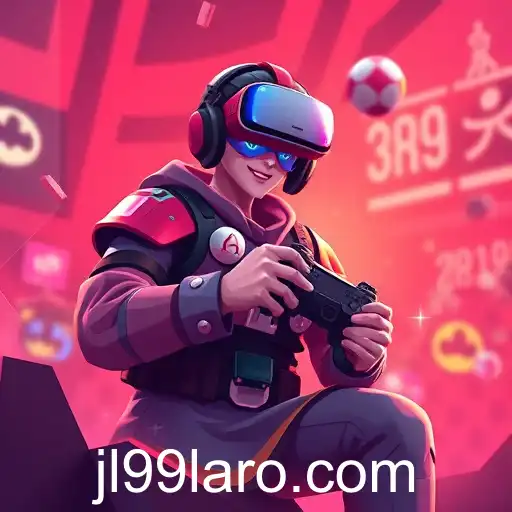
As we delve deeper into 2025, the online gaming landscape continues to evolve, with platforms like jl99 leading the charge. This year has already shown remarkable shifts in how players engage with games, and the broader implications of these changes on the industry as a whole.
One major trend that has emerged is the increasing preference for immersive and interactive gaming experiences. The platform jl99, renowned for its diverse range of games, has been at the forefront of this trend, offering players an array of sophisticated, story-driven games that blend narrative and gameplay seamlessly. Players no longer seek mere recreational play; they demand deep, engaging experiences that offer both entertainment and a sense of community.
Social connectivity within the gaming realm has also witnessed groundbreaking advancements. Platforms such as jl99 have integrated advanced social features, allowing players to connect, collaborate, and compete in ways previously unimagined. In-game communication tools and shared experiences are becoming the norm, further blurring the lines between social media and gaming.
Economically, the gaming industry is seeing a significant rise in microtransactions and digital marketplaces. This trend is catalyzing the development of virtual economies, where players trade in-game items with real-world value. Platforms that embrace these innovations, like jl99, are creating dynamic environments where gaming and financial landscapes intersect.
Moreover, with the continuous improvement of virtual reality (VR) and augmented reality (AR) technologies, the gaming experience is becoming more tangible and realistic. These technologies provide new platforms like jl99 with opportunities to pioneer the next phase of gaming that may redefine what it means to play a game.
In conclusion, 2025 points toward a period of rapid growth and innovation for the online gaming industry. Platforms like jl99 are not just adapting to these changes but spearheading them, setting new standards for player engagement and technological integration.


